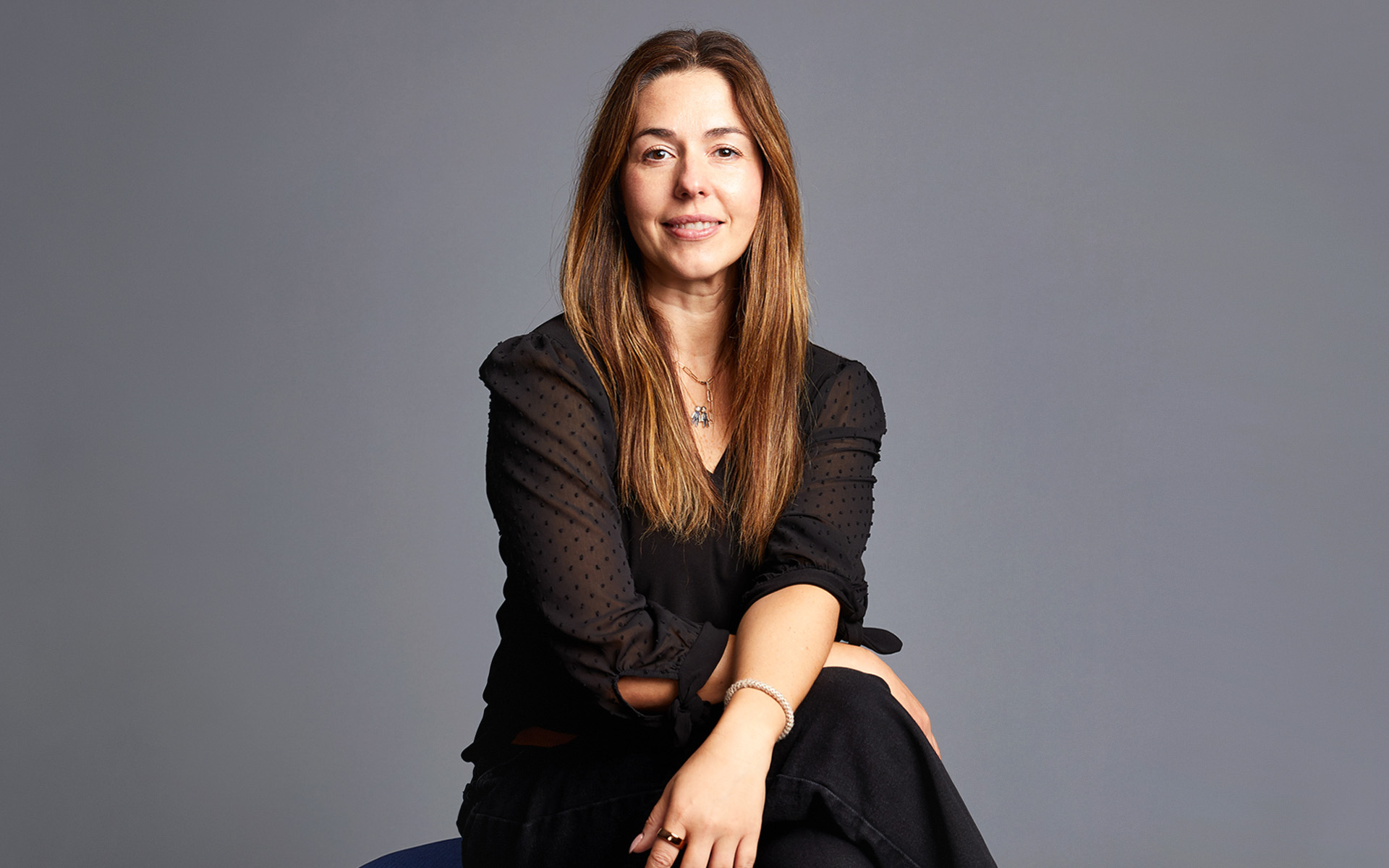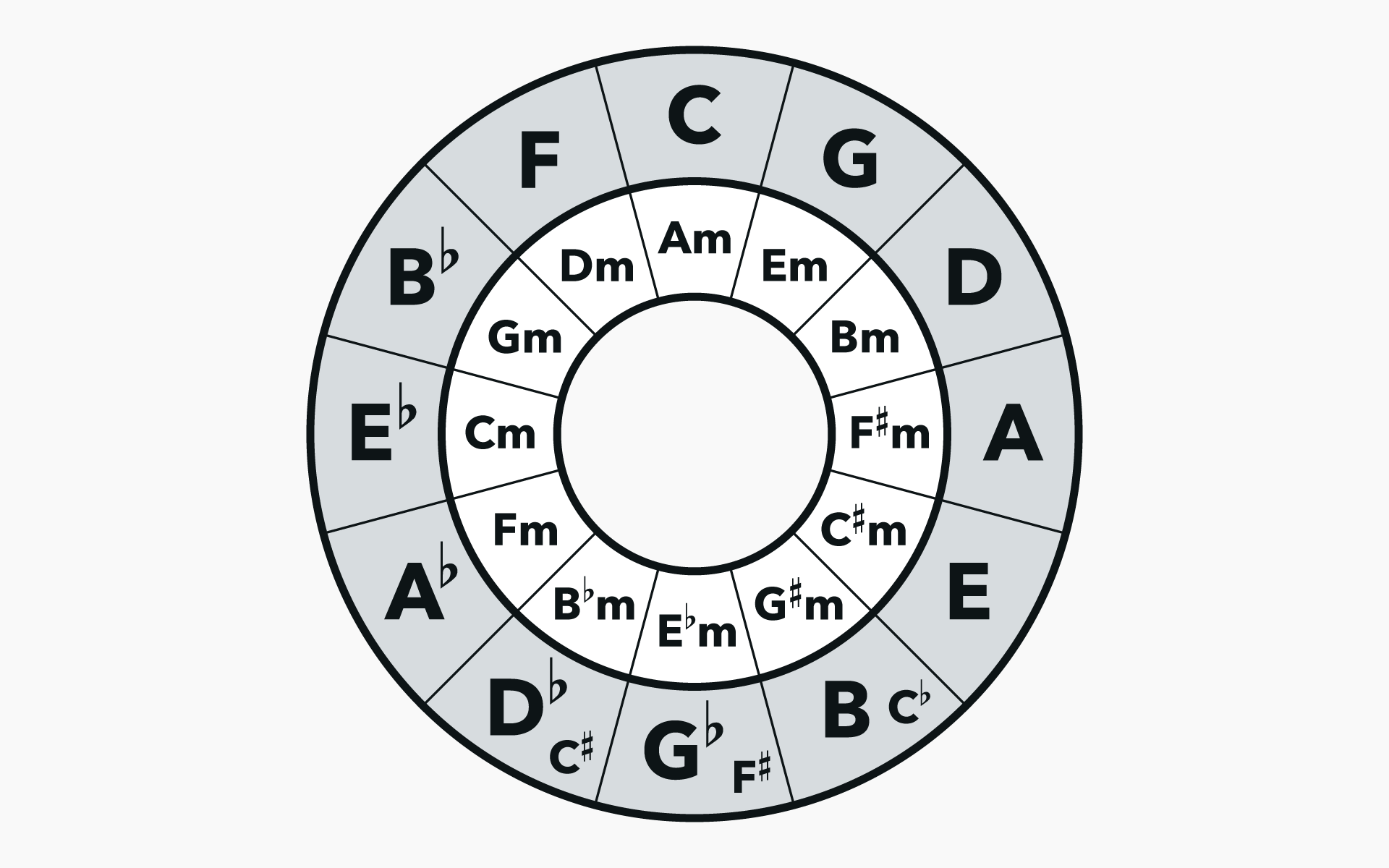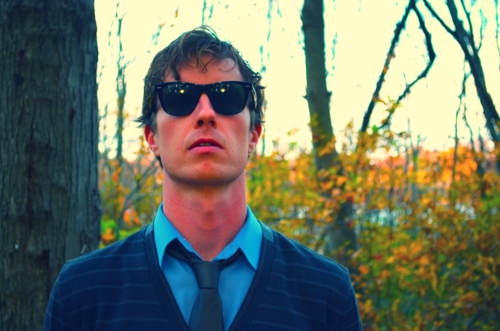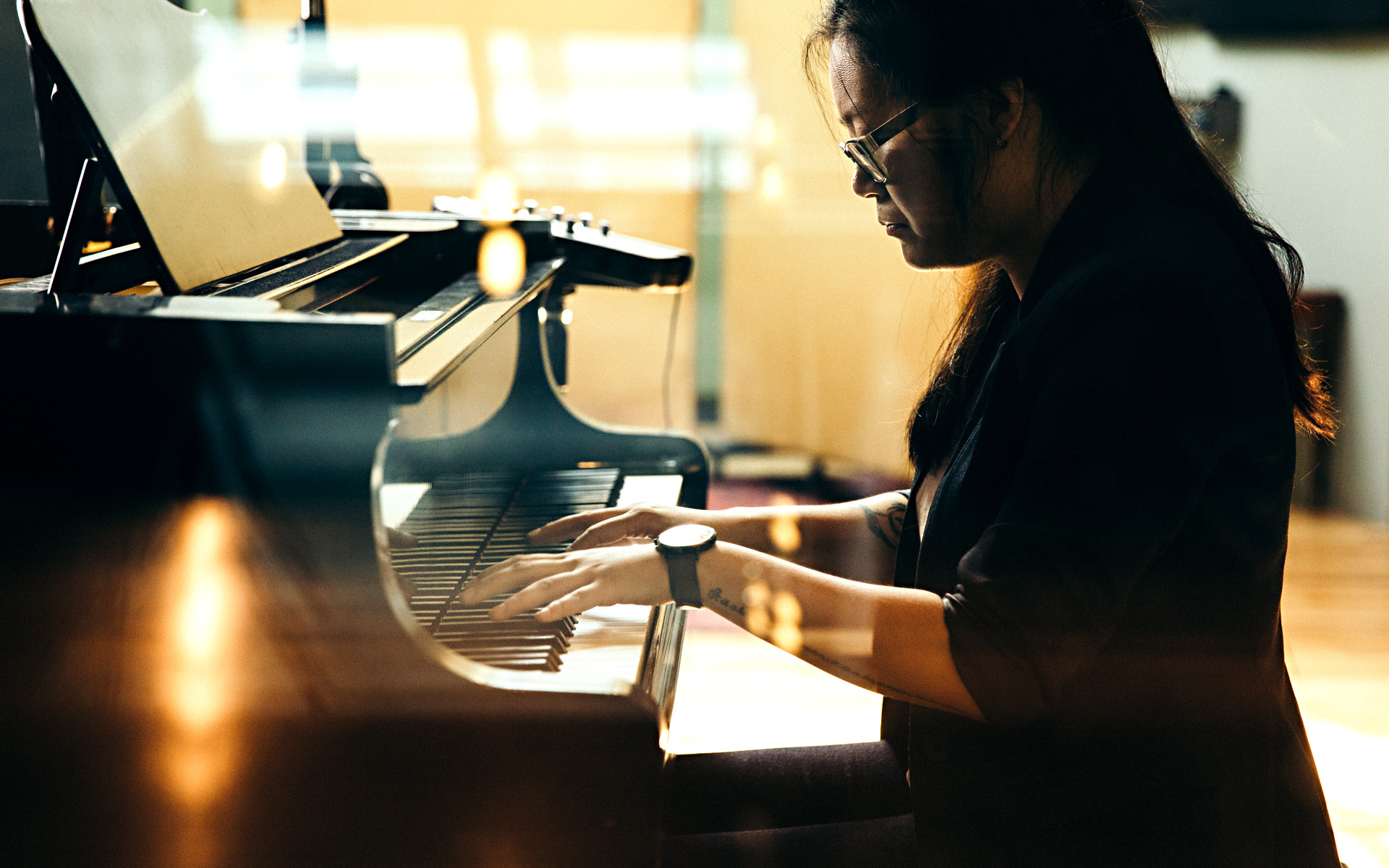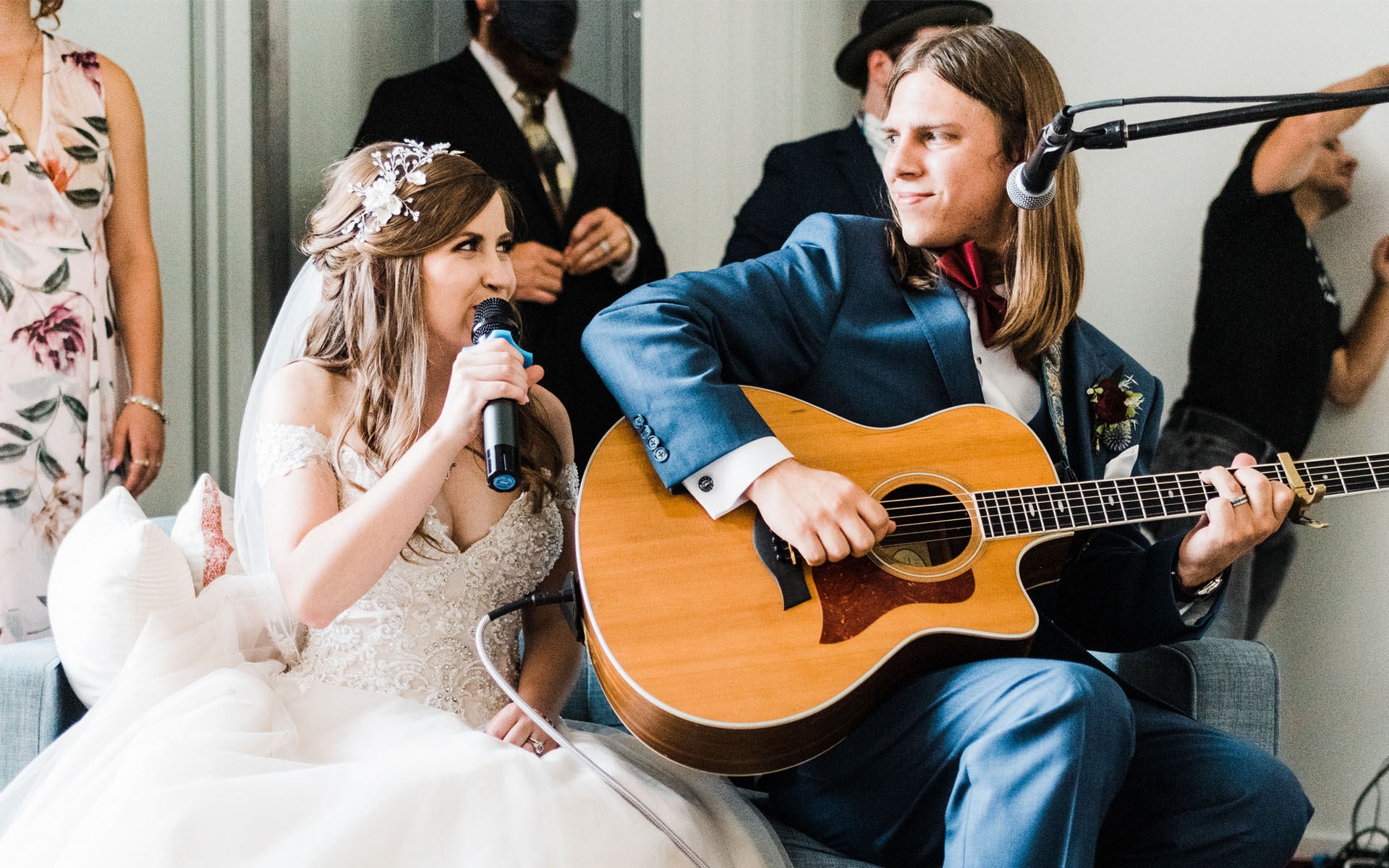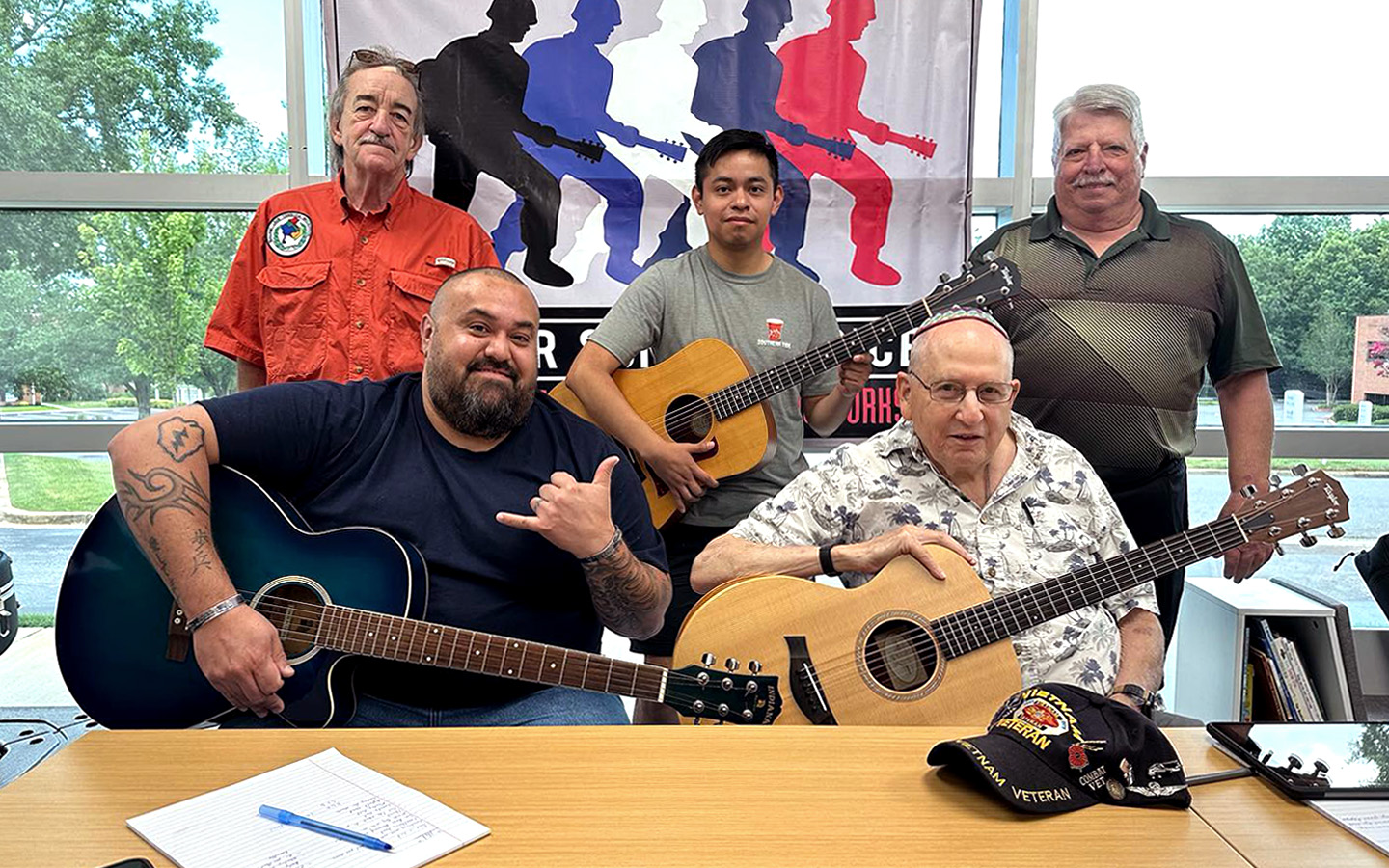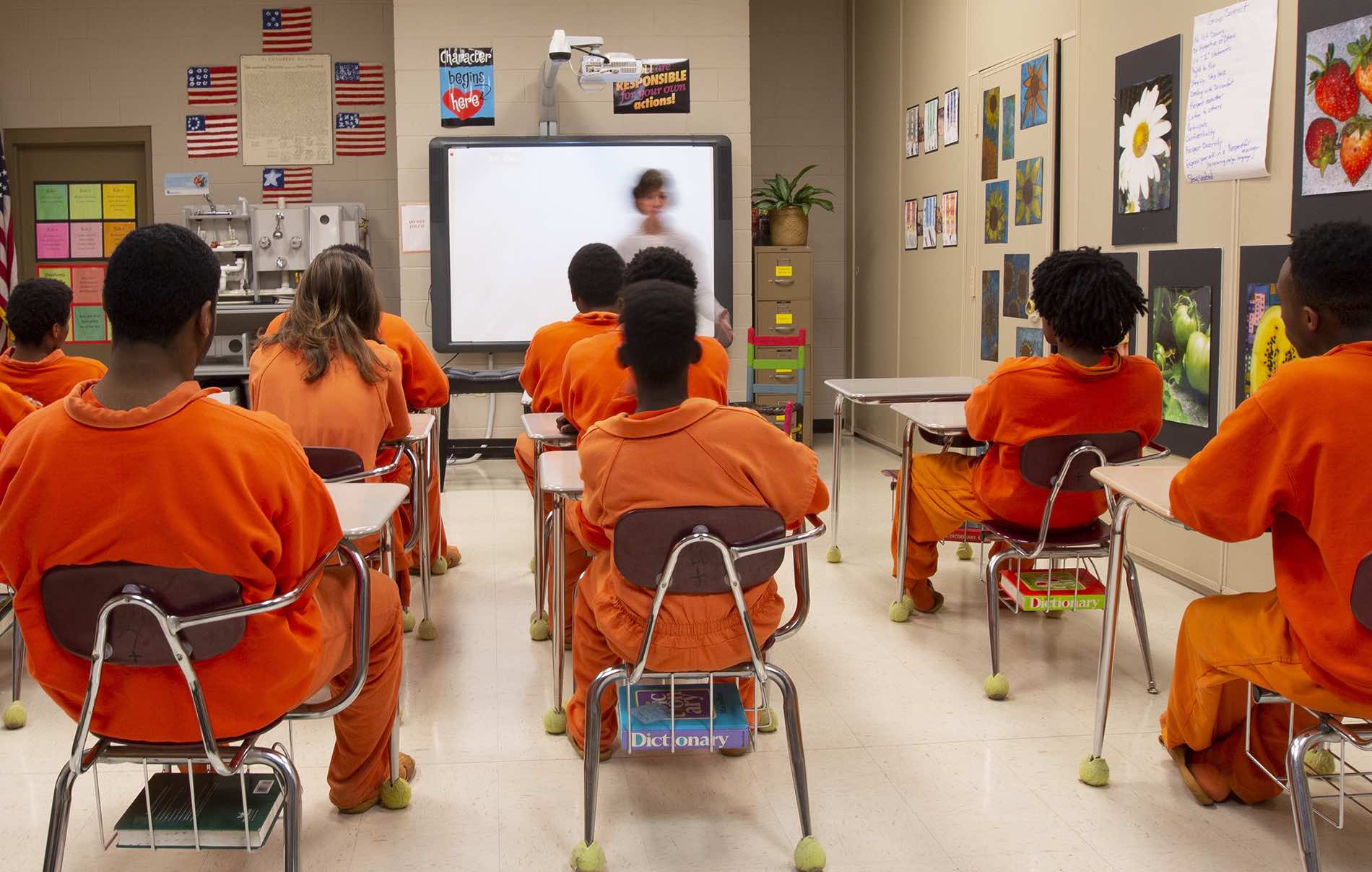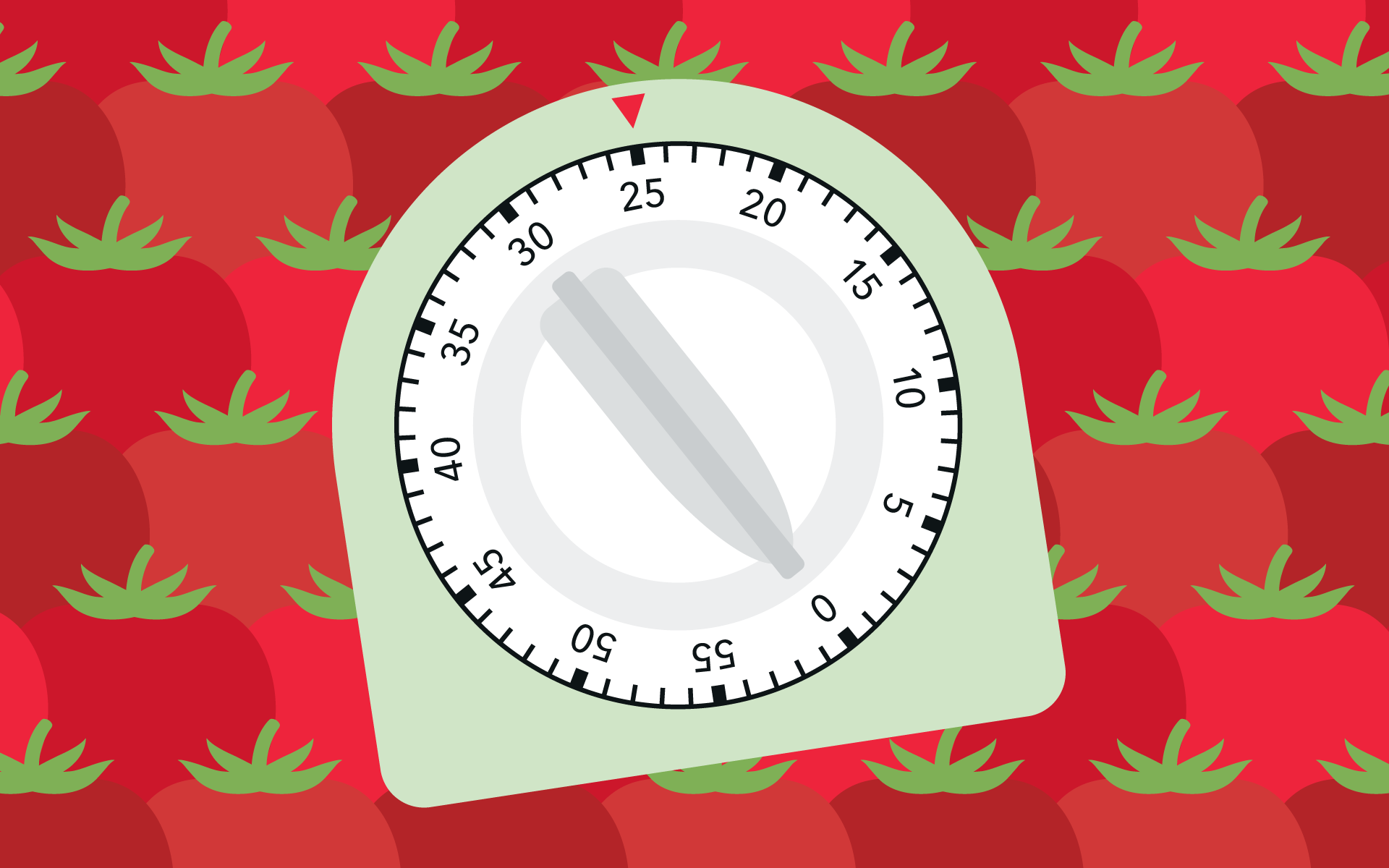When Brian Funk first filmed an Ableton tutorial in his basement five years ago, he wanted to maintain a sense of anonymity. So the Long Island-based high school English teacher put on a pair of shades and dubbed himself AfroDJMac.
“For a while I never even attached my name to anything I did,” he says, “but the kids still figured it out somehow. One day someone shows up in class, and they’re like, ‘So, I’ve been listening to this AfroDJMac guy.’ I’m like, ‘Oh, here we go.’ It’s inevitable.”
Regarding his pseudonym of choice, he says it has nothing to do with his preference for Mac computers. He does use Apple products, but they do not particularly turn him on.
“I would hate for people to think that,” he laughs. “It was just like a joke, honestly. The first time I ever put anything out under that name, I didn’t really expect anyone to listen to it or pay attention. I was putting out Ableton packs to download, I was surprised how many people were downloading them. I’d never gotten that sort of attention for anything before. … Maybe it was two months in and I was like, ‘I don’t want to change my name now! Two hundred people are watching my video!’ Had I done it then, it would have made a lot more sense.”
Funk now has almost 6,000 subscribers and the videos he makes in his basement boast more than 1.3 million views. His tutorials and his status as an Ableton Certified Trainer are also part of what got him a job as an instructor for Berklee Online, the online arm of Berklee College of Music.
The main reason why he spreads himself a little thin to make so many musical commitments: “It’s easy to sit on the couch and be like, ‘I’ll do it later,’ but when I put these self-imposed goals on my plate, even the Berklee ones, it forces me to work. … It’s just like, ‘I HAVE to do this! I can’t NOT do it!’ It gets me thinking, it gets me working, it gets me trying to figure out something new and interesting.”
Some of the new and interesting sounds that Funk has recently figured out how to incorporate into song include wine glasses clinking at a family gathering, reclaimed toy synths from the 1980s, and something that is decidedly less new, but certainly qualifies as interesting: the sound of two black holes colliding in outer space about a billion years ago.
See the video he created for Berklee Online about using these sounds below, and download the pack here.
“Your imagination is your limit,” says Funk about using sounds like black holes. “Test out different sounds in your environment, drop them into a sampler, and see what you come up with!”
Funk recently brought this aesthetic into the high school English class he teaches. He says that instead of assigning the time-tested end-of-the-year project where his class writes letters to incoming ninth graders, he decided to bring in his Ableton Push and have them work on a song as a group.
“It was just so refreshing to see kids that I’ve gotten nothing out of all year come to life when they saw the lights glowing on the Push,” he says.
“They’re looking at it and most kids have been told ‘don’t touch anything!’ so they’re scared to get near it, and I’m like, ‘Touch it! Try it out! Bang on it! Make some drums!’”
He has come a long way since the days of creating a distance between the man who teaches English to teens and the one who teaches Ableton tips to the anonymous masses. But Funk doesn’t exactly introduce himself to new people as AfroDJMac. He says when his brother-in-law recently came by the house with a friend and they went down to the basement, “he was like ‘wait a minute, I know this place,’ and he put two and two together.”
This prospect of not knowing the identities of every one of those 6,000 subscribers is part of why Funk does what he does.“Sometimes when you’re putting this stuff out there, you really don’t know who you’re teaching, whose computer it is that got the view, and you can give yourself these fantasies of guys like Thom Yorke downloading your pack or something, and using it on the new Radiohead record,” he says. “You don’t know where this all goes.”
But we do at least know where it all comes from: Funk’s basement studio.

